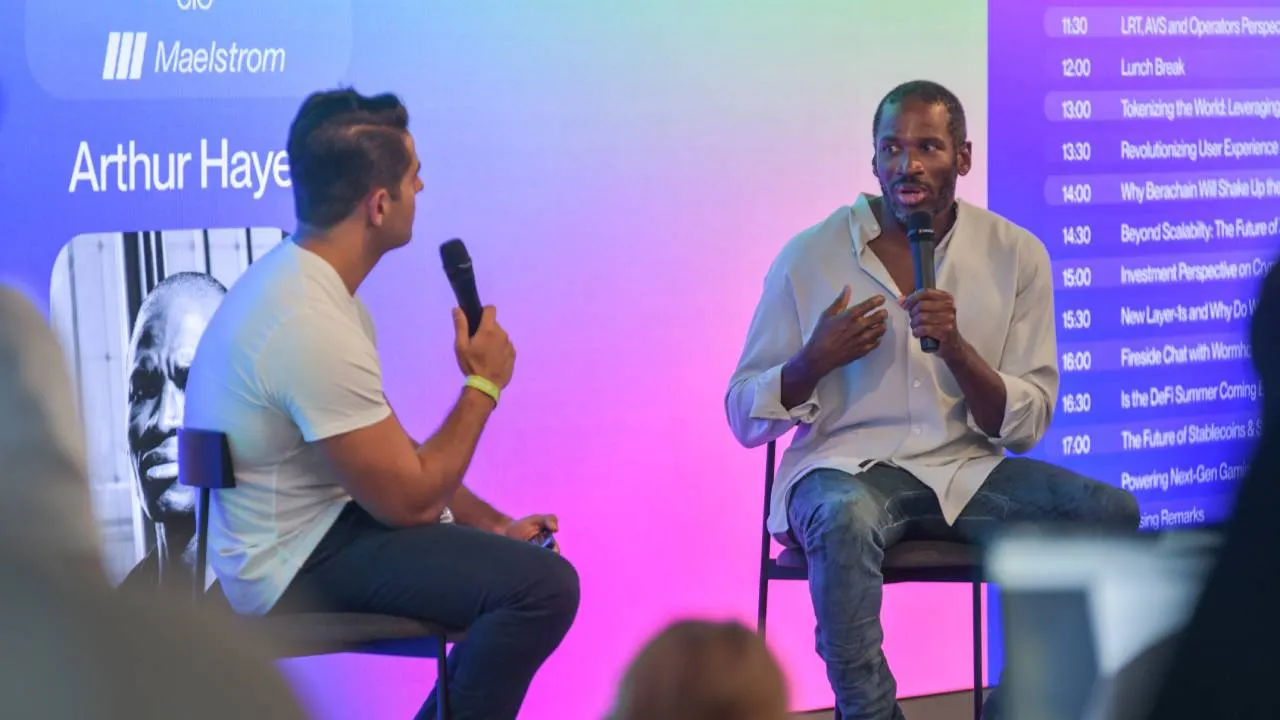At two events in the Asia Pacific (APAC) blockchain infrastructure conference Epoch Summit brought together a stellar line-up of speakers from leading crypto projects to discuss the future of the space.
At one one-day event in Seoul as part of Korea Blockchain Week, and a two-day conference in SingaporeThe Epoch Summit brought together speakers from projects such as Consensys, Lido, Uniswap, Worldcoin, Berachain and Mantle to explore blockchain infrastructure in the APAC region and beyond.
Opening of the conference in Singapore by A41 CEO John Park said that the purpose of the event was to “address open finance, or state-free money, or how people are trying to imagine the future with less dependence on government or corporations with blockchain.” He explained that to do this, the conference explored the broader landscape of blockchain infrastructure, beyond A41’s own focus on liquid staking, with speakers on topics such as zero-knowledge technology, account abstraction and dark pools.
In a conversation about the Future of block buildingMax Resnick, head of research at the Special Mechanisms Group, argued: “We need to focus on T1 because we have neglected it for too long.” He added that “the best thing we could do would be to focus all our attention on scaling L1, making it faster, making it more competitive with some of the newer blockchains,” and capitalizing on its network effects.
Francesco Andreolí, head of the developer community at ConsenSys, praised the “tailored experiences” powered by Snaps, third-party applications for its Web3 wallet Metamask. “You get different customized paths and pre-configured wallets, so people don’t even know what they’re transacting at what level,” he said.
Meanwhile, Remco Bloeman, head of Blockchain at Worldcoin, took the stage in Singapore discuss how secure multi-party computation (SMPC) can be used to scale data privacy. “We quickly moved to linear MPC in a semi-fair scenario, mainly because it gives us the performance we need,” Bloeman explains. To address the “mild trust assumption” involved in semi-honest MPC, he added, Worldcoin turned to trusted execution environments (TEEs) for attestation.
At the Epoch event in Seoul, BitMEX co-founder Arthur Hayes said discussed how high-frequency traders perform arbitrage between centralized and decentralized exchanges, taking advantage of the latency of DEX price oracles. “Typically, most DEXs have one to five seconds of oracle update latency, so that means you’re always behind the Binances of the world,” he said.
As long as that remains the case, he explains, DEXs “will never be price setters. It’s a latency arbitrage game.” He argued that the pendulum will only swing toward DEXs after “more and more people are removed from CEXs because they have the wrong passport and need somewhere else to trade.”

Speak with DeclutterJohn Park, CEO of A41, looked forward to a “more technical” focus at next year’s edition of the conference, saying: “We want people who came to Epoch this year to experience how things are evolving.”
He explained that gaining an overview of technical progress within the blockchain space through research papers can be a “burden,” with Epoch Summit providing an opportunity for “face-to-face” discussion. “I think people can granularize it and experience it, and learn more about it later,” he added.
Daily debriefing Newsletter
Start every day with today’s top news stories, plus original articles, a podcast, videos and more.



